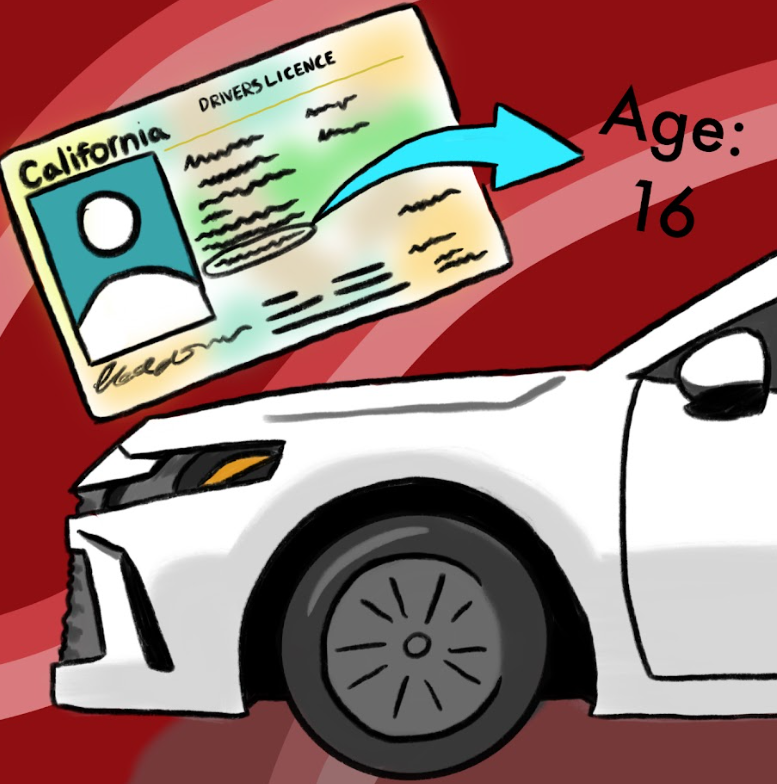Since the dawn of our globalized internet presence, online marketplaces have always existed in some form, allowing users to sell their old items to millions of consumers across the globe. Whether it be eBay, Facebook Marketplace, or Craigslist, a hub exists for aspiring sellers to sell their items to make a profit. The items in these marketplaces vary from clothes to technology and even old jewelry. Consequently, sellers have varying motives: those trying to make a quick buck on unneeded items and those attempting to make large margins for every order.
Is it ethical for hoarders to resell items?
Hoarders, by definition, have trouble parting away and getting rid of items because they have an urgency to save them for later. Reselling can potentially help hoarders slowly eliminate unneeded items while providing a small monetary bonus. QHHS Junior Hannah Zeng said, “Garage sales are so common in this generation, especially in the times of spring cleaning.” Since garage sales are times when massive amounts of items can be sold relatively quickly, it makes sense for hoarders to attempt to sell their items at these gatherings. In the long run, this can help reduce complications such as poor quality of life at home and personal hygiene.
Is it ethical to buy and resell items for profit?
In a different aspect, some people buy items for a lower or standard price just to upcharge the amount online. A typical example of this controversy is the buying and reselling of concert tickets for well-liked artists. Online scalpers will often stalk famous artists’ upcoming shows and buy as many tickets as they can in bulk. They can then sell these tickets for an upcharge price since many desperate fans will do anything to see their favorite artists or bands perform. From QHHS IB Junior Hannah Masood, “Reselling concert tickets is not morally okay because you are making a profit from loyal fans while putting minimal effort on your end.” Now more than ever, it is becoming even more accessible for these buyers to automatically buy tickets as soon as they are released using software called “shopping bots.” As a result, concert go-ers should be aware of scalpers and try to buy from the source if possible.
For items like clothes or jewelry, which are more commonly thrifted in-person, sellers should be allowed to upcharge for the effort they put into obtaining their products. QHHS Junior Hannah Zeng said, “Most people will not go out of their way to hunt through piles and piles of clothing to find a specific piece or brand that appeals to the public. And while making a profit, they should also be rewarded for their time, gas, and effort.” With the knowledge of seller effort and toiling to find items to fit buyers’ wants, they should be allowed to resell their items at an upcharge rate, seeing as they are supplying a service. They also allow donated items to be placed in a larger marketplace than a local thrift store.
When considering your shopping habits, it is essential to ask yourself, what are the true motives of the seller? While some people are genuinely interested in getting rid of personal items, another group’s only goal is to make a profit. As a buyer, you cannot assume that every seller has integrity, and thoroughly comparing them to other sellers should always be commonplace.









